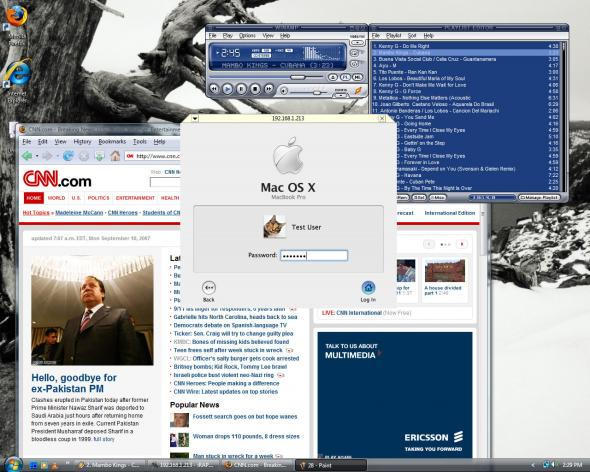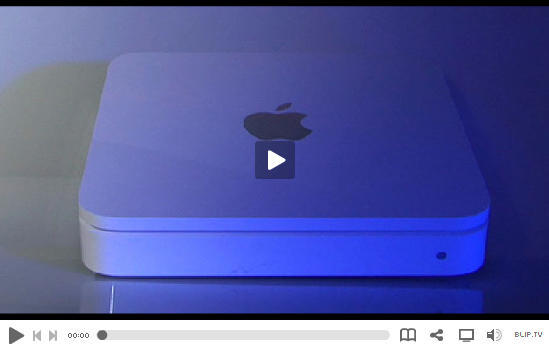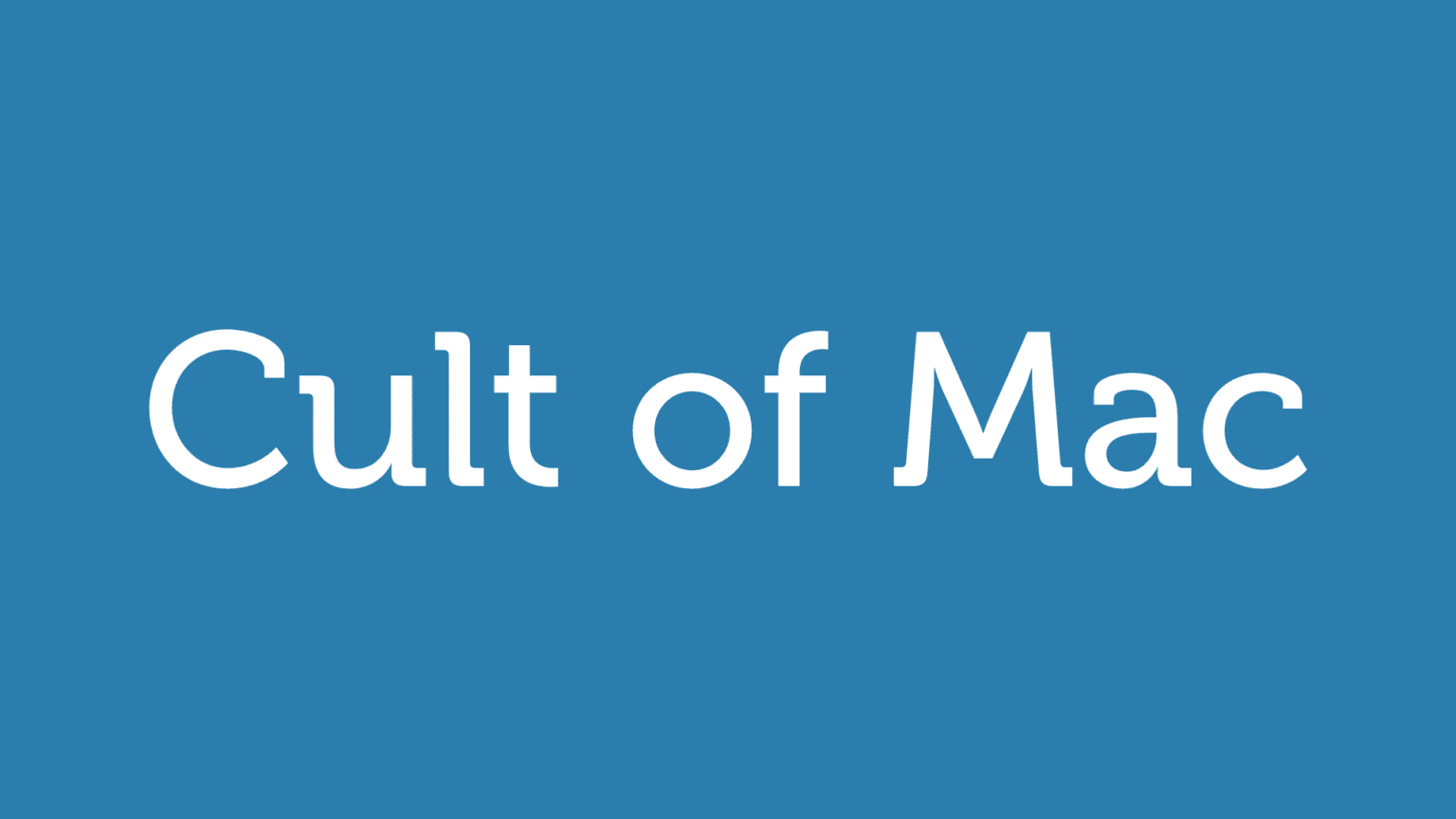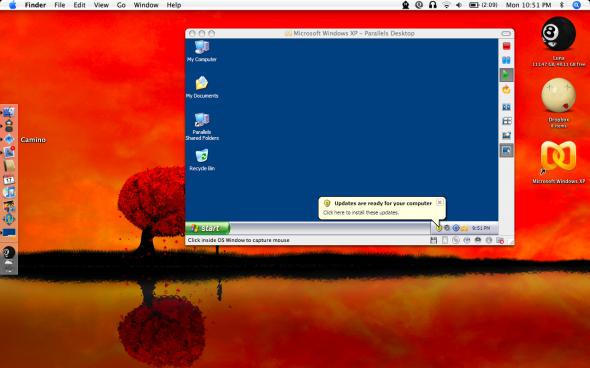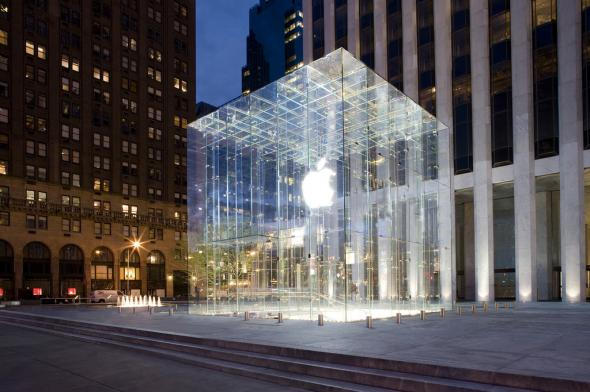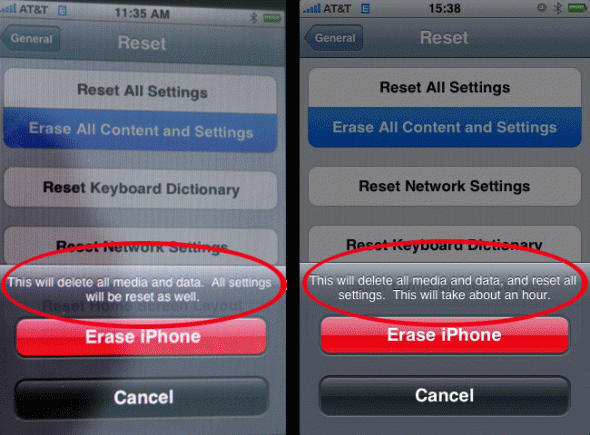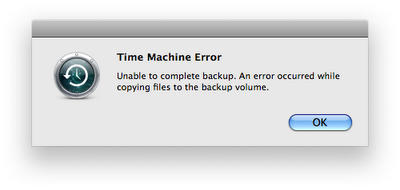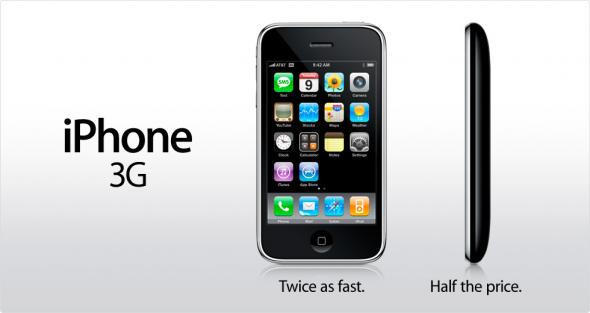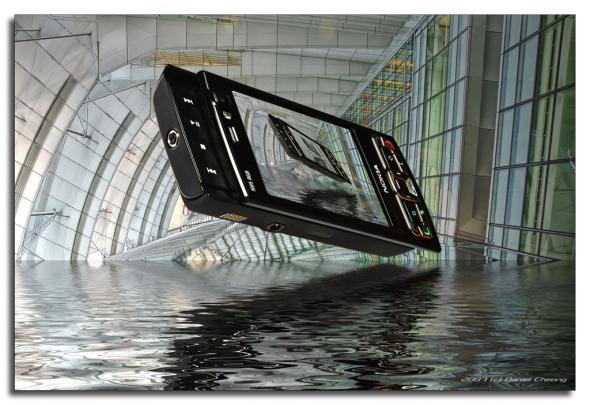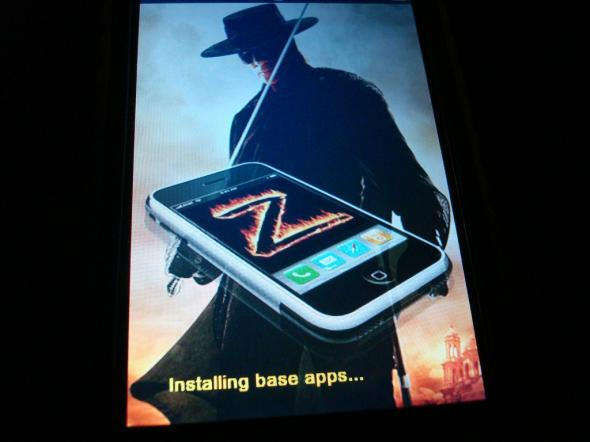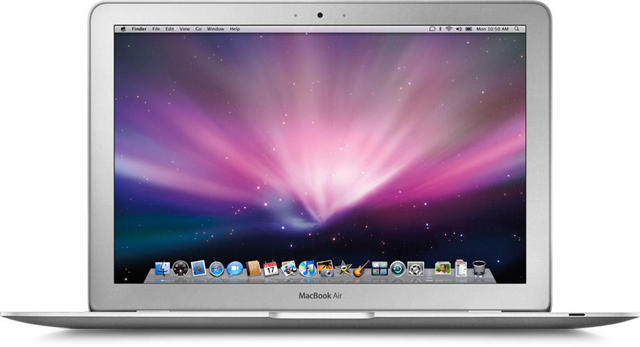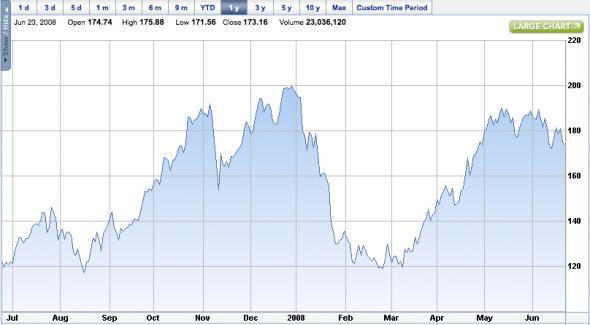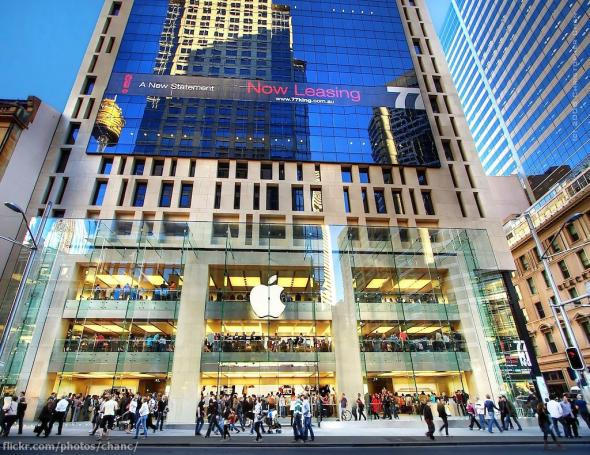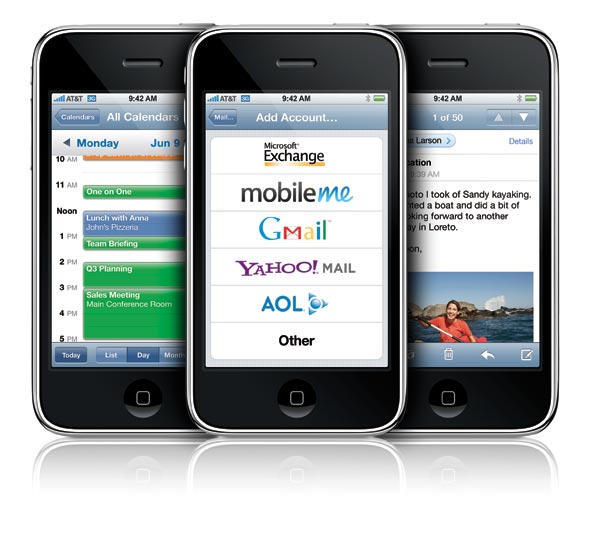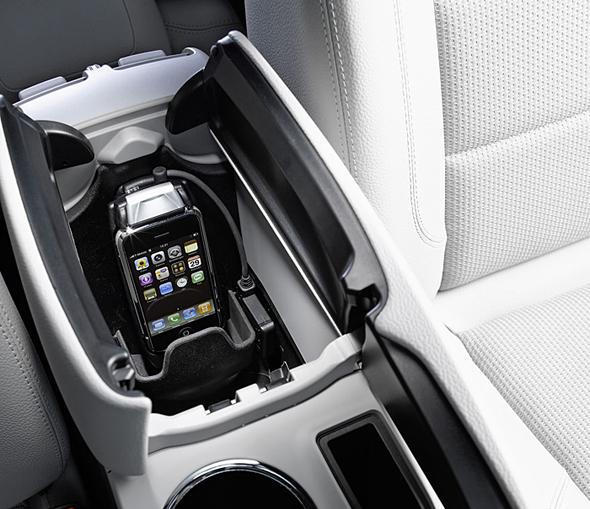In 2004 and 2005, Arben Kryeziu caused a stir as the “developer” behind Mac emulation software called CherryOS. Marketed at the time by Hawaii-based video-streaming company Maui X-Stream, the software supposedly allowed users to install and run versions of Mac OS X on Pentium processor-based Windows PCs. It was advertised as being able to reach emulation speeds up to 80% of the system’s total processor speed.
The problem with CherryOS was that it was largely a re-packaged iteration of the Power PC emulator PearPC, software that had been previously released under GPL and used primarily to run Mac OS X on x86 machines. As a commercial product, CherryOS violated GPL licensing terms by reusing PearPC code and also raised questions regarding the legality of commercial software developed and marketed specifically for the purpose of running Mac OS on the x86 architecture, since Apple’s license agreement specifically states that the operating system may only be installed on Apple-labeled computers. CherryOS eventually disappeared in the spring of 2005 under a storm of vaporware criticism.
Thanks to a Cult of Mac tipster, we’ve learned that Kryeziu is back in business as the the chief architect and senior strategist for another Hawaii-based company, Bump Networks, whose main product is iRAPP (interactive remote application), which claims to allow users to view and fully interact with a remote or local Mac from a Windows PC. The software is being marketed on a website called CodeRebel and is also available as a Networking & Security download from the Apple website. No word yet on the code under the iRAPP hood.
~ Thanks Sharon.
